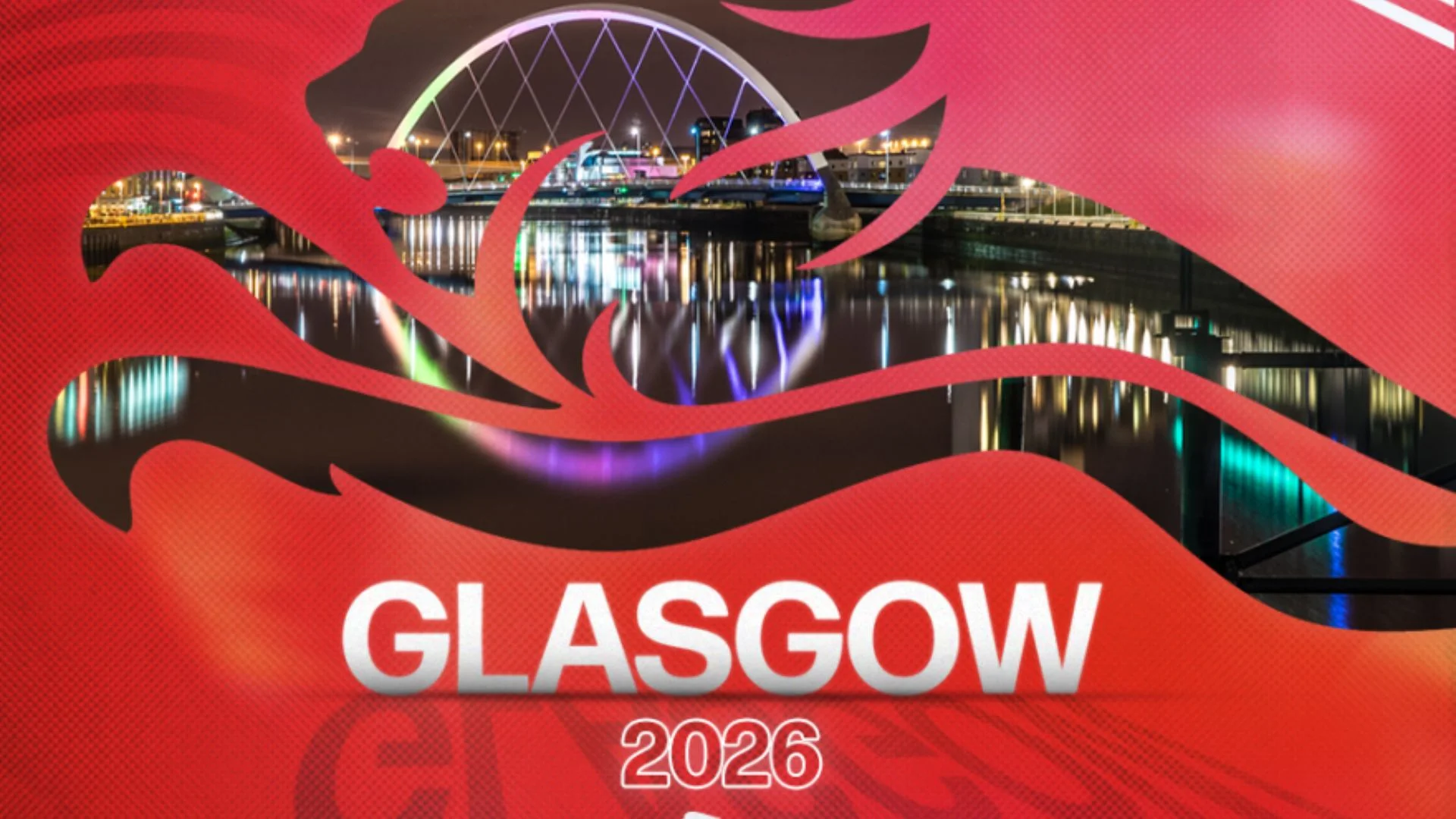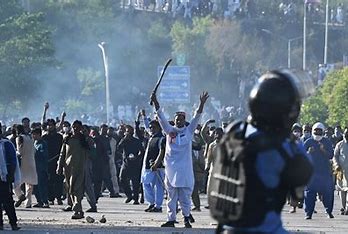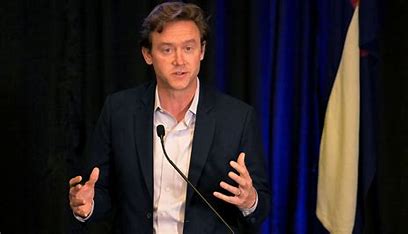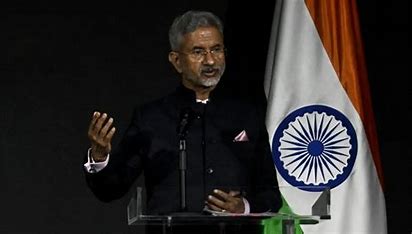
In a significant shift for the Commonwealth Games, host city Glasgow has announced a streamlined roster for the 2026 edition, dropping several key sports including hockey, badminton, wrestling, cricket, and shooting. The decision to limit the event to just 10 disciplines aims to keep costs manageable and simplify logistics, given that only four venues will be utilized for the Games, scheduled from July 23 to August 2.
The Commonwealth Games Federation confirmed that the remaining sports will include Athletics and Para Athletics (Track & Field), Swimming and Para Swimming, Artistic Gymnastics, Track Cycling and Para Track Cycling, Netball, Weightlifting and Para Powerlifting, Boxing, Judo, Bowls and Para Bowls, as well as 3×3 Basketball and 3×3 Wheelchair Basketball. The events will take place at four venues: Scotstoun Stadium, Tollcross International Swimming Centre, Emirates Arena (including the Sir Chris Hoy Velodrome), and the Scottish Event Campus (SEC). Athletes and their support staff will be accommodated in nearby hotels.
The reduction in disciplines poses a substantial setback to India’s medal prospects, as the majority of its medals in past Commonwealth Games have come from the removed sports. Shooting, which previously contributed significantly to India’s medal tally, was already excluded from the Birmingham Games in 2022 due to logistical issues and is not expected to return for Glasgow 2026. The Commonwealth Games Federation clarified that the Games will occur within an eight-mile corridor, further eliminating the possibility of including shooting, which was hosted at Barry Buddon Centre in Dundee, over 100 km away.
Additionally, hockey’s exclusion is partly attributed to the proximity of the World Cup, set to take place just two weeks later in Belgium and the Netherlands. Historically, India has excelled in hockey, claiming three silver and two bronze medals in men’s events, and three medals including a historic gold in women’s events. Badminton has also been a stronghold for India, yielding 31 medals—10 gold, eight silver, and 13 bronze—making the absence of this sport particularly impactful, especially as India entered the 2026 edition as defending champions in men’s and women’s singles and men’s doubles.
Despite the challenges posed by the trimmed sports roster, the Glasgow Games will continue to integrate Para-athletics, maintaining its commitment to inclusivity. The Commonwealth Games Federation emphasized that this edition aims to create an economically sustainable model, projecting over £100 million in inward investment for the city and an economic value exceeding £150 million for the region, all without requiring public funding.
Katie Sadleir, CEO of the Commonwealth Games Federation, expressed optimism for the future, stating that the 2026 Games will be a “bridge to the Commonwealth Games of tomorrow,” aiming to redefine the event as a collaborative, flexible, and sustainable initiative that minimizes costs and enhances social impact.















